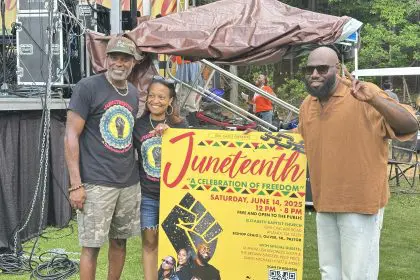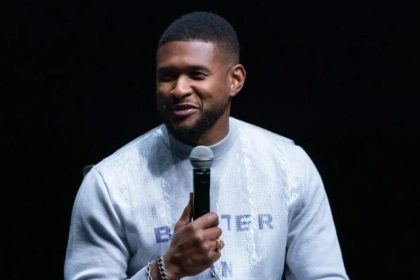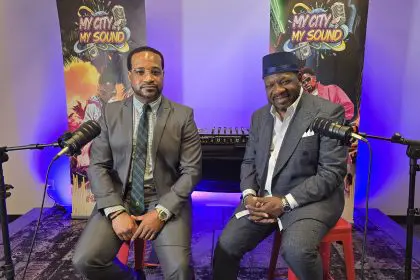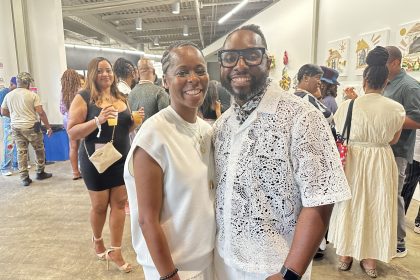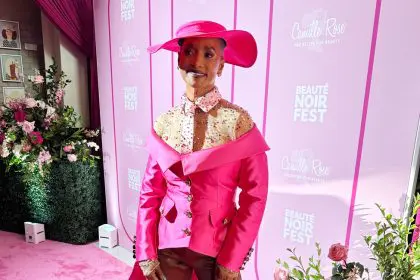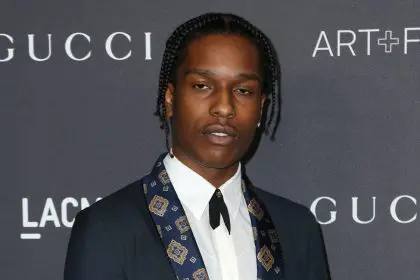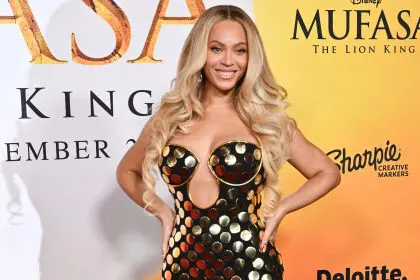
Akbar Imhotep is a master storyteller based in Atlanta. The art of storytelling to crowds is part performance art and part teaching. Imhotep spoke with rolling out about his craft, life and knowledge.
Tell us a little about your background — where you are from originally and where do you call home?
My entry into storytelling was a ‘straight shot on a crooked road.’ While studying to be a math professor at Georgia Tech, I decided to follow my true calling and withdrew from school to become an actor and a writer. I took my first writing workshop at the Neighborhood Arts Center in the spring of 1975. There are so many names and so many people who have impacted my path. I met many of them at the Neighborhood Arts Center.
I live, momentarily, in Adair Park across the railroad tracks from the West End Marta station. A major part of my family lives in Vine City. So, no matter where I go or where I live; Delbridge Street in Vine City, is dear to my heart. Most of my maternal family (Davis) still resides in Houston County, south of Perry, Georgia, in an unincorporated village called Henderson. My paternal people live in Monroe and Bibb counties (Hart).
You are a storyteller. What exactly does that mean?
I learned the meaning and joy of being storyteller from John O’Neal out of New Orleans. In one of his stories, Junebug Jabbo Jones; Volumes I, II and III, the character Junebug Jabbo Jones tells us the difference between a liar and a storyteller. That definition has guided my life and calling as a storyteller since I first heard it in 1982. I sometimes share it at the beginning of my storytelling programs.
What inspired you to start this line of work?
How do you explain the inspiration for your calling in less than a million words? Some things you were born to do. I embrace storytelling as a calling, mission and life purpose.
What are your stories about and from where do they originate?
I tell stories about a variety of subjects and themes; most are about “doing the right thing” or “using your head.” I read stories, listen to stories, write stories and dream stories. They come from library books, anthologies or originate somewhere deep in my DNA and come out as poems, stories or performable concepts. Without preaching, I try to tell stories that reflect “silver linings in all things.” Even in my poetry, which often comes after challenging moments, I try to turn downers into uppers. But most times, I just let my work speak for itself; after many, many rewrites.
What visions do you have? How do you approach this as a performer?
a) My visions are too big to express briefly without the background to their evolution.
b) I approach my work and my craft in a totally professional and committed manner. My ancestors & mentors would expect nothing less.
How long have you been doing storytelling?
I started storytelling in the fall of 1985. Some of my early, early work was at the Wren’s Nest in the West End. (I’m still one of their in-house storytellers, called the Wren’s Nest Ramblers). I started there after spending three years (1976-1979) with the Proposition Theatre Company and working six years (1979-1985) as a puppeteer for the Center for Puppetry Arts. My introduction to professional theater was through my work with Walter Dallas, founder of the PTC, and Vincent Anthony, executive director of the Center for Puppetry Arts.
How do you reach into yourself to bring out characters?
Great question. Can’t answer briefly. The key is knowing what the character wants and what’s in his way.
Who do you consider to be your peers in your field? Who do you see and use as examples to emulate?
a) Peers: There so many in all the fields [in which] I work. I consider everybody I work with and, sometimes for, as peers, colleagues and many as friends. The Creator has allowed me to connect with and establish relationships with many, many people in all of my areas; storytelling, puppetry, theater, poetry and now, Toastmasters.
b) Examples to emulate: John O’Neal (aka Junebug Jabbo Jones), Gran’Daddy Junebug (aka Mitch Capel), Baba Jamal Koram, Tejumola, Les Brown, Mama Linda (Linda Goss), Sonia Sanchez, Mama (aka Carrie Lee Davis Ridley), Uncle Linn (aka Charlie Lee West), Amiri Baraka and many others.
Name two of your top role models: one in the storytelling world and one from outside of it.
a) Storyteller: It’s a tie between John O’Neal and Tejumola Ologboni
b) Outside of storytelling: It’s a tie between my father (Robert Hart), Uncle Linn (Charlie West) & Amiri Baraka (Muse). Uncle Linn (aka Charlie Lee West) is a role model inside and outside of storytelling. I knew him as uncle, surrogate father and the best storyteller I’ve ever heard.
Name three books, works, performances or exhibits that changed how you view life or yourself.
a) Books: Black Man of the Nile by Dr. Ben), The 4.8 Principle, What Makes the Great, Great by Dennis Kimbro.
b) Performances: Willie Lobo: Manchild (first play with the PTC)
Theatre Company (1976); Anything I [have] seen written by August Wilson or produced by Kenny Leon’s True Colors Theatre Company.
c)Exhibits: Going to art shows and exhibits is a hobby and passion. I’ve seen so many great exhibits over the years at the Hammonds House and other museums. The Daniel Minter exhibit at the Hammonds House in 2011 was a very spiritual and resonating work. There are many exhibits that helped me see art and life in different ways. I’ll close by saying that Souls Grown Deep, at City Hall East up to and through the Olympics in 1996 was an exhibit that impacted me on a deeply spiritual level. Through it, I saw God using untrained artists as vessels for concepts, images and occasionally beauty.
What role does black theater have in the black community? What role would you like to see black theater play in the community?
This is a question for a panelist of daily theater professionals. Not a “self-employed, waiting for the phone to ring” storyteller-puppeteer. This question is so far out of my lane, it has to be measured in light years. I would love to attend the discussion and possibly participate.
Why do you consider continued learning important?
You got to keep learning or “you die on the vine.” Learning keeps you growing. Growing keeps you learning.
What final message do you want to impart to our readers?
Follow your dream. Listen to the voice within. In all things, give thanks.
How can our readers contact you?
www.Facebook.com/akbarimhotep;storyteller/puppeteeer/poet
Linkedin.com/Akbar Imhotep
Youtube.com/atlstoryteller
Twitter: @atlstory
E-mail: [email protected]
Phone: 404-468-3392



